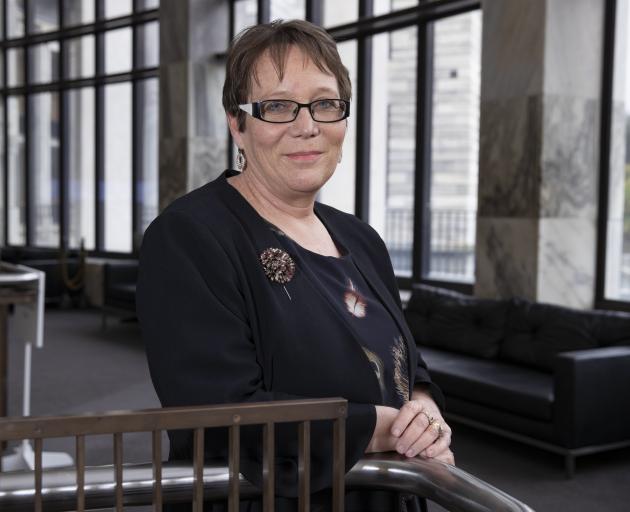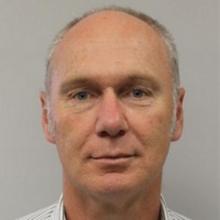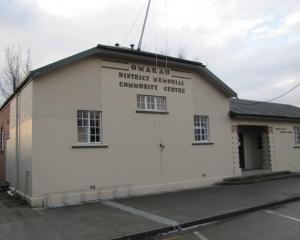
PSO announced in April it was selling its properties, Elmslie House and the Wānaka Retirement Village, citing increased operating costs, lack of funding and nurses’ pay parity concerns.
It also announced it would exit its aged care contract with Aspiring Lifestyle Village on Cardrona Valley Rd.
"To date, the Wanaka properties remain on the market.
"While there has been some interest, no formal offers have yet been received," Mr Borthwick said.

Aged Care Association (ACA) chief executive Tracey Martin said this week that PSO’s Wānaka issues mirrored issues around the country.
"We have continued to be frustrated by Health NZ’s attitude towards the reality of the challenges facing older New Zealanders, their families and those who provide care services.
"Wānaka is just another New Zealand community that needs a real commitment from government to co-design future provisions for aged care," she said.
The ACA’s concerns included HNZ’s refusal to raise the day-rate for the provision of aged care services to a break-even amount, difficulty finding worker accommodation and vulnerability to staff shortages, she said.
Health Minister Dr Shane Reti recently told the Wānaka Sun his concerns about the aged care sector had lessened after he learned about the arrival of many internationally qualified nurses in New Zealand.
Dr Reti said "a large number of them are going into aged residential care."
"So if you had asked me a year or 18 months ago, I would have said one of my major concerns for aged residential care is workforce.
"I am still concerned but it is much less that what it was, and I think the aged care residential sector can look forward to it being better," Dr Reti said.
Mr Borthwick said "the increased number of international nurses entering New Zealand is a positive step, however, living costs are high in the Wānaka area and the overall underfunding of the aged care sector continues to be a significant burden for Presbyterian Support Otago, as we struggle to find the necessary financial resources to fund our care homes".
Mrs Martin said she did not share Dr Reti’s confidence that nursing challenges had been resolved.
The average vacancy rate across the aged care sector had dropped 25% to about 10%, but the sector was still very vulnerable to staff shortages, HNZ’s day rate was substandard, nurses did not get pay parity with HNZ’s hospital nurses, and migrant nurses were "often unsuitable for the aged care workplace", she said.
Health NZ had a conflict in that it employed one group of nurses and funded a sector that also required that workforce.
While many migrant nurses came from heavily supervised environments and lacked the confidence and independence of New Zealand trained nurses when it came to making decisions around medications, Mrs Martin said.
She also said ACA was seeing "a continual increase in the haves and have nots when it comes to the ability to access aged care", with 40% of New Zealand seniors living on superannuation and another 20% living on superannuation "and just a little bit more".
"It is appropriate to have different levels of accommodation provision for different New Zealanders.
"What is not appropriate is for the Government and their agent (Health NZ) to continue to ignore the underfunding of the more affordable provision such as that provided by Presbyterian Support Otago — minimising the care options for approximately 60% of senior New Zealanders," Mrs Martin said.
PSO first went public in June last year about its struggles to recruit and retain Wānaka staff during the cost of living crisis and asked Wānaka locals to consider renting homes to PSO staff.
PSO currently employs 116 staff in Wānaka.












